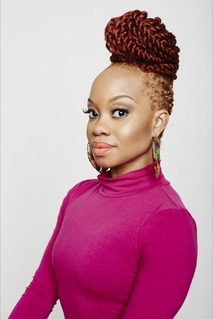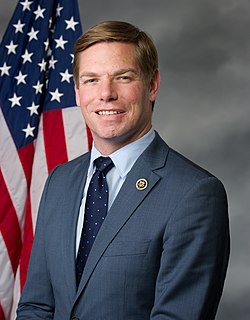A Quote by Camille A. Brown
I think it's important for people to understand that dance, movement, choreography is about an experience and entertainment but it's also about perception and a lens. So when we're talking about a Black female's experience through a Black female's lens, that's going to be totally different from a Black female's perspective through a Black male's lens.
Related Quotes
Each of us, helplessly and forever, contains the other - male in female, female in male, white in black, and black in white. We are part of each other. Many of my countrymen appear to find this fact exceedingly inconvenient and even unfair, and so, very often, do I. But none of us can do anything about it.
The leading distinction in magnets is the sex, male and female, and the next great difference in them is the colour. Those of Magnesia, bordering on Macedonia, are of a reddish black; those of Breotia are more red than black; and the kind that is found in Troas is black, of the female sex, and consequently destitute of attractive power.
Barack Obama didn't say "I only want to be the President of Black people," he said "I want to be the President of the United States and have something to say about the United States and my perspective and my lens is going to affect my judgment on everything" and that's the way a Christian should be. I'm going to invade culture and my lens and perspective is going to influence culture just as much as anyone else's.
There's no reason why you can't say "August Wilson, playwright" even though all of my work, every single play, is about black Americans, about black American culture, about the black experience in America. I write about the black experience of men, or I write about black folks. That's who I am. In the same manner that Chekhov wrote about the Russians, I write about blacks. I couldn't do anything else. I wouldn't do anything else.
You carry that through and adapt it to a camera lens, but you're quite right, you cannot be sure of what an audience is going to do. You don't know what's going to happen to the piece you're doing anyway. You don't know how it's going to be edited. There are a lot more unknowns in cinema. But that you have to readily accept. That's when, I think, you have to forget about intellect, to a degree. Intuition is very important when you're working with a lens, I believe, for what the lens is doing, too.
People often ask me if I feel discriminated against as a black female director. I don't. I'm actually offered a ton of stuff. But I only want to direct what I write. And I prefer to focus on black female characters. What's most important to me is to put characters up onscreen who are not perfect, but who are human and flawed.
I felt like it was a courageous show [Black-ish] from the beginning. We are a black family - we're not a family that happens to be black. But the show is not even about us being black. The show is about us being a family. That is groundbreaking - on TV, the black characters either happen to be black or they're the "black character," where everything they say is about being black. I think that's the genius.






































